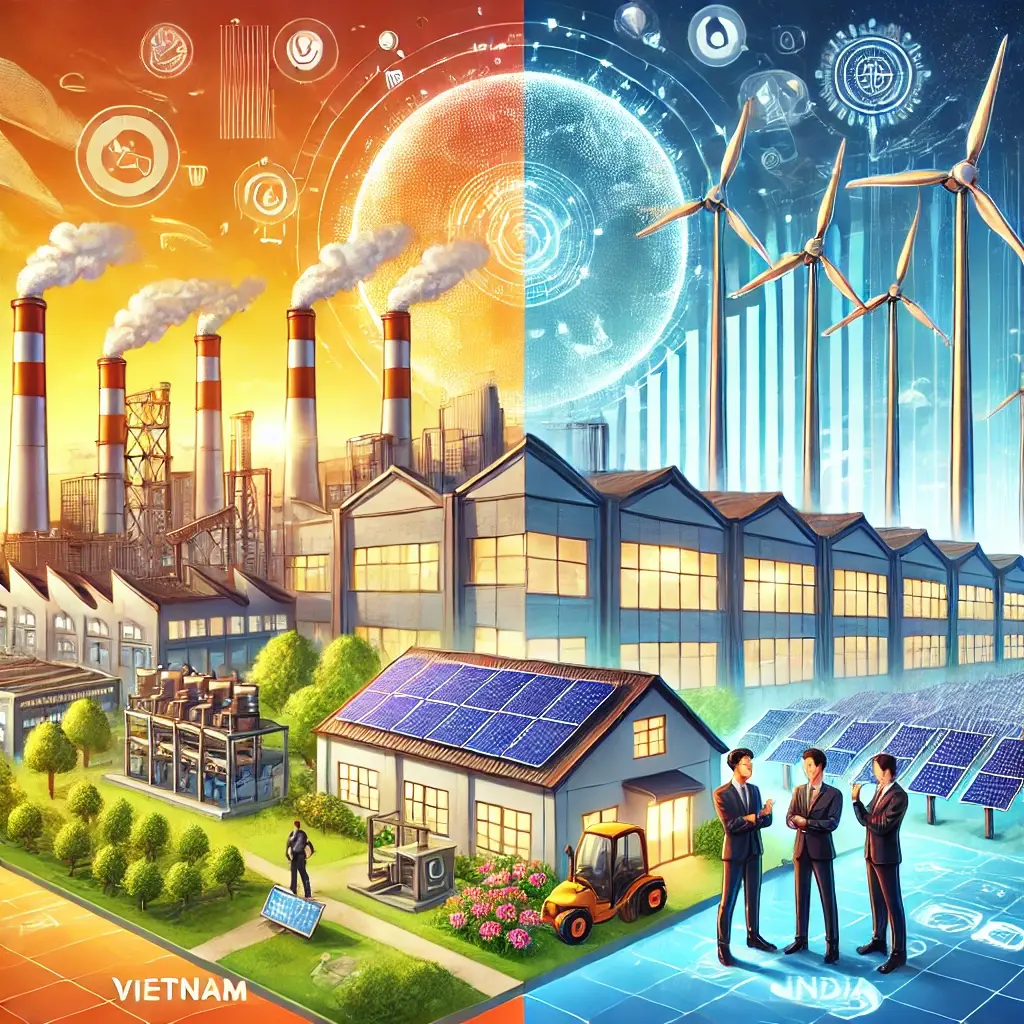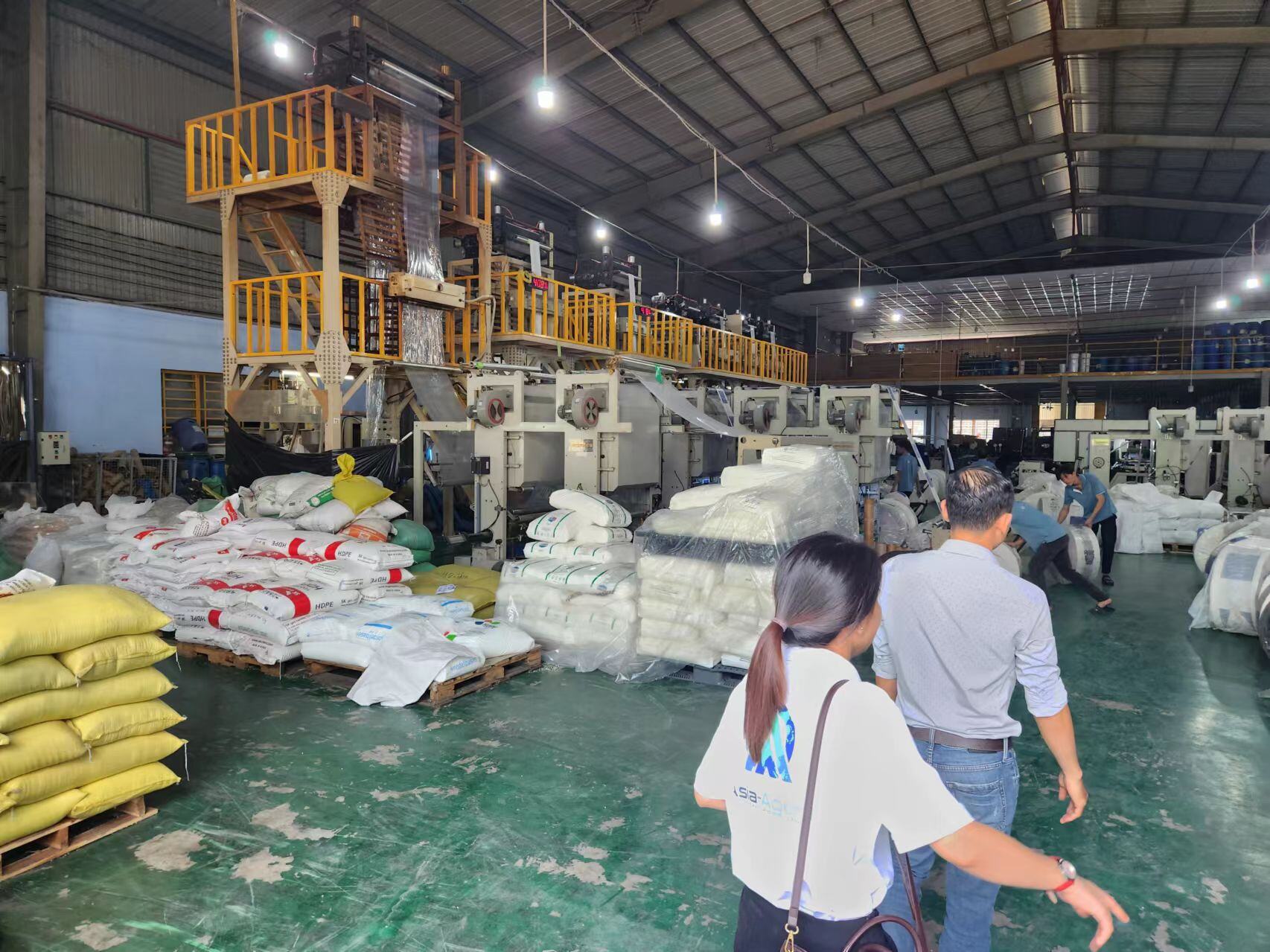Bangladesh's Apparel Industry: Adapting to Global Trends and Sustainability Goals
Introduction: The Evolution of Bangladesh’s Apparel Industry
Bangladesh has long been a global leader in apparel manufacturing, known for its competitive labor costs and large-scale production capabilities. However, as global trends shift towards sustainability and ethical practices, the industry is undergoing significant transformation. Manufacturers in Bangladesh are adopting new strategies to align with these trends, ensuring they remain competitive in the global market. At Asia Agent Pte Ltd, we understand the critical role sustainability plays in modern manufacturing and are committed to helping businesses navigate these changes effectively.
Adapting to Global Fashion Trends
-
Emphasis on Sustainability:
- The global fashion industry is increasingly prioritizing sustainability, with consumers and brands alike demanding eco-friendly products. Bangladesh's apparel sector is responding by integrating sustainable practices throughout the supply chain.
- Initiatives include the use of organic and recycled materials, reducing water and energy consumption, and implementing waste management systems. Leading manufacturers are obtaining certifications such as Global Organic Textile Standard (GOTS) and OEKO-TEX® to ensure compliance with international sustainability standards (ASEAN Briefing) (McKinsey & Company).
-
Digitalization and Innovation:
- Digital transformation is revolutionizing the apparel industry, from design to production. Bangladeshi manufacturers are adopting advanced technologies such as 3D printing, digital pattern making, and automated cutting systems to enhance efficiency and reduce waste (McKinsey & Company).
- Innovations in production processes, like just-in-time manufacturing and lean production techniques, are helping companies reduce lead times and meet the fast-changing demands of the fashion market (ASEAN Briefing).
-
Ethical Labor Practices:
- Ethical labor practices are becoming a cornerstone of the global apparel industry. Brands are increasingly scrutinizing their supply chains to ensure fair wages, safe working conditions, and workers' rights.
- Bangladesh is making strides in improving labor conditions through initiatives like the Accord on Fire and Building Safety and the Alliance for Bangladesh Worker Safety. These programs have led to significant improvements in factory safety and worker welfare (McKinsey & Company).
Case Studies: Leading the Way in Sustainable Apparel Manufacturing
-
H&M’s Sustainability Initiatives:
- Background: H&M, a global fashion retailer, has been working with Bangladeshi manufacturers to enhance sustainability in its supply chain.
- Outcome: Through collaborations, H&M has successfully implemented sustainable practices such as the use of recycled materials and eco-friendly dyeing processes. This partnership has helped reduce the environmental impact of its products while maintaining high-quality standards (ASEAN Briefing).
-
Levi Strauss & Co.’s Ethical Practices:
- Background: Levi Strauss & Co., known for its commitment to ethical manufacturing, sources a significant portion of its apparel from Bangladesh.
- Outcome: The company has worked closely with local manufacturers to ensure compliance with its stringent labor standards. This collaboration has led to improved working conditions and has set a benchmark for ethical practices in the industry (McKinsey & Company).
Sustainability Goals and Future Trends
-
Carbon Neutrality:
- Many brands are setting ambitious targets to achieve carbon neutrality. Bangladeshi manufacturers are investing in renewable energy sources, such as solar and wind, to reduce their carbon footprint and align with these goals (VN Briefing).
- Advanced technologies like energy-efficient machinery and green building practices are also being adopted to support these sustainability targets.
-
Circular Economy:
- The concept of a circular economy is gaining traction, focusing on minimizing waste and maximizing resource efficiency. Manufacturers are exploring ways to recycle and upcycle materials, creating a closed-loop system that reduces environmental impact (VN Briefing).
- Initiatives such as take-back programs and product lifecycle management are being implemented to promote circularity in the apparel industry.
-
Transparency and Traceability:
- Consumers are demanding greater transparency in the supply chain. Brands are responding by enhancing traceability, providing detailed information about the origin of materials and the manufacturing processes involved (McKinsey & Company).
- Blockchain technology is being explored as a tool to ensure transparency and build consumer trust in the apparel supply chain.
How Asia Agent Pte Ltd Supports Sustainable Manufacturing
At Asia Agent Pte Ltd, we offer comprehensive support to help manufacturers in Bangladesh and beyond adapt to global trends and sustainability goals:
-
Sustainability Audits:
- We conduct detailed sustainability audits to identify areas for improvement and help manufacturers align with international standards.
-
Technology Integration:
- Our experts assist in integrating advanced technologies to enhance efficiency, reduce waste, and support sustainable practices.
-
Ethical Compliance:
- We provide guidance on implementing ethical labor practices and ensuring compliance with global standards to improve working conditions and factory safety.
-
Supply Chain Optimization:
- We help optimize supply chains to enhance transparency, traceability, and efficiency, ensuring manufacturers meet the demands of modern consumers.
Conclusion: Embrace Sustainability for a Competitive Edge
The apparel industry in Bangladesh is at a pivotal point, with sustainability and ethical practices becoming increasingly important. By adapting to these global trends, manufacturers can not only remain competitive but also lead the way in creating a more sustainable future for the industry. At Asia Agent Pte Ltd, we are committed to supporting these efforts, helping businesses thrive in a rapidly changing market. Contact us today to learn how we can support your journey towards sustainable and ethical manufacturing.




